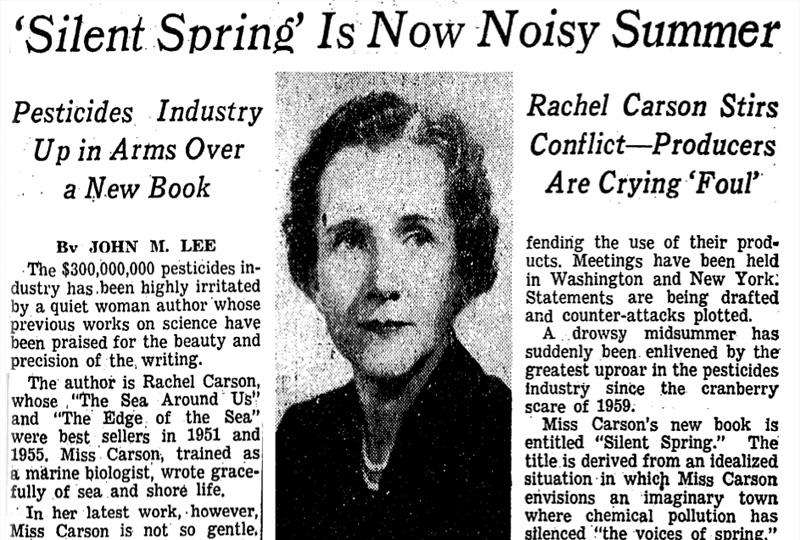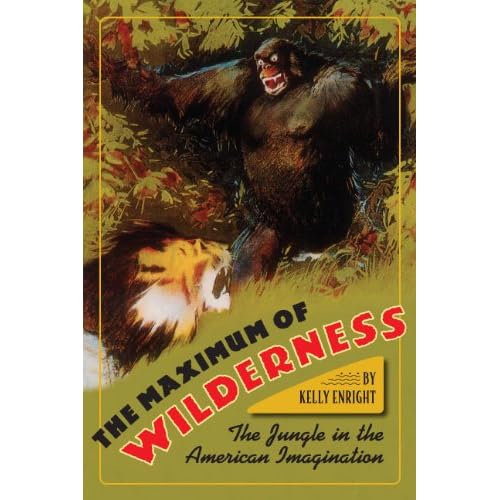*: Except those unreconstructed social-constructionist historians and sociologists of science.
Fortunately, there are other experts on science too, many of whom are more than happy to help us out in a bind. Many of these experts in science are called "scientists," or, as my friend, UW chemistry grad student, and science blogger Lee Bishop calls himself, a "professional science enthusiast." Lee's blog is helpfully called, Science Minus Details, and it offers exactly what it promises — unlike the titles of far too many historical monographs. Here is a taste, from "Dr. Licorice Explains Why Bisphenol-A is Scary".
"I recently made a chemical that smelled extremely familiar, but after numerous wafts, I couldn't quite tell what it reminded me of.
Me wafting the chemical I made. The chemical is the tiny bit of brown oil in that small clear jar in my left hand.
This puzzle went unsolved for days until my labmate Michelle used some of the chemical and was like, "Lee, have you noticed how that chemical you made smells just like licorice?"
I was like, "OMG, you solved it!!!!"
Victory Licorice!!!
Go have a look! While you're at it, Lee also helps run Madison's own Nerd Nite, a monthly-ish gathering of...well, if you're even thinking of going, you probably have an idea of what it is already.





